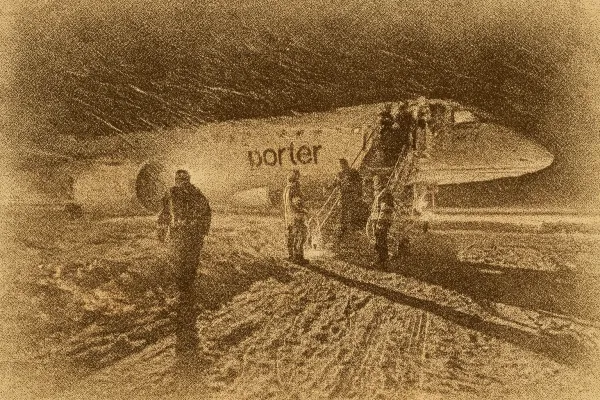Based on coverage from CBC and Bloomberg.
Alberta's oil ambitions are getting a fresh push, and this time, it's Premier Danielle Smith leading the charge. In a move that's both bold and controversial, Smith has announced that the Alberta government will spearhead a proposal for a new oil export pipeline. This makes her the third Alberta premier in a row to dip into taxpayer funds to try and boost the province's oil export capacity.
Smith's plan is to submit a proposal to the federal Major Projects Office by spring, with a $14 million commitment to get things rolling. The goal is to map out a potential route to the West Coast and come up with cost estimates. However, the government isn't planning to build or operate the pipeline itself—at least not yet.
The oil industry is watching closely, with mixed feelings. On one hand, there's excitement about the prospect of a new pipeline, which could eventually help alleviate the capacity crunch expected once the Trans Mountain expansion hits its limits around 2030. On the other hand, there's a fair bit of skepticism about government involvement. Memories of the Keystone XL debacle, which cost Alberta about $1.3 billion after the U.S. pulled the plug, are still fresh.
Robert Cooper from Acumen Capital Partners sees Smith's move as necessary, given the federal policies that have made private investment in new pipelines a tough sell. The cap on oilpatch emissions and the tanker traffic ban on parts of the B.C. coast have been particularly discouraging for potential investors. "It's bold, it's aggressive, and it's what's needed," Cooper said, though he acknowledges the hurdles ahead.
Not everyone is convinced that government intervention is the way to go. Rafi Tahmazian, a retired energy portfolio manager, voiced concerns about the province stepping into the pipeline business, likening it to the federal government's controversial purchase of the Trans Mountain expansion in 2018. "If the province has to be involved, that'd be a shame," he remarked, emphasizing that the government should steer clear of building or operating pipelines.
The challenges Smith's proposal faces are significant. The regulatory process is notoriously complex, and the history of failed pipeline projects looms large. Moreover, the project will need the backing of major oil producers willing to sign long-term contracts, a commitment that's far from guaranteed.
Adding to the complexity is the political landscape. British Columbia's Premier David Eby has already expressed alarm over the project, criticizing it as "entirely taxpayer funded" and lacking a private sector proponent. The federal government, meanwhile, has yet to throw its support behind any new pipeline projects, despite Prime Minister Mark Carney's stated interest in developing one.
Smith's strategy is seen by some as a necessary step to keep Alberta's oil flowing and the economy humming. Dennis McConaghy, a former executive with TC Energy, views the announcement as a sign of Smith's commitment to the cause, though he questions whether she can rally enough support from the oil producers.
In the end, the success of this venture will hinge on whether the Alberta government can navigate the regulatory maze, secure industry backing, and perhaps most critically, convince the federal government to play ball. For now, it's a high-stakes gamble with Alberta's oil future hanging in the balance.








